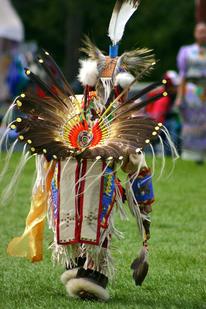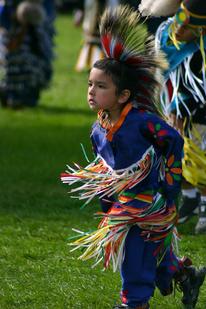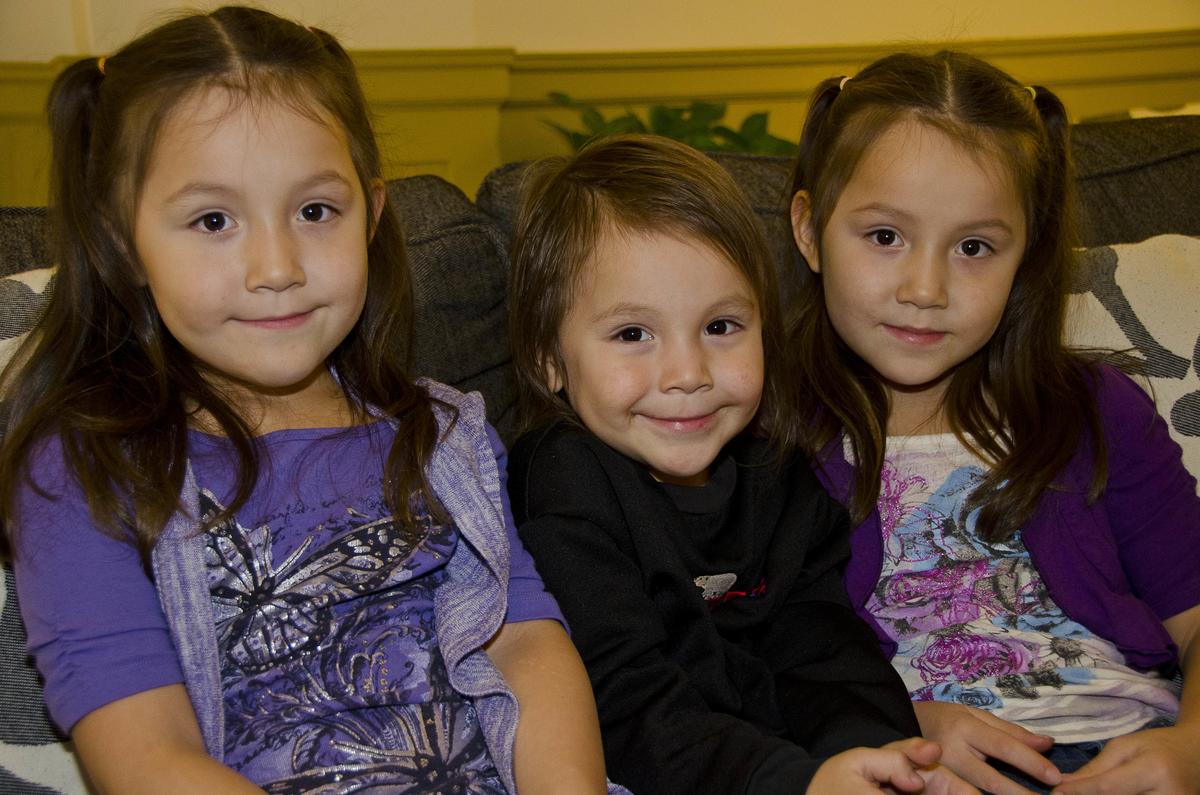
NAEP- The Native American Equity Project
Launched in 2016, the Native American Equity Project is a three-year initiative by the University of Minnesota Duluth in partnership with St. Louis County, the Minnesota Department of Human Services, and regional tribes to understand local county child welfare case practice with Native American children and families. Native American children have a 28.3% rate of re-entering the child welfare system - the highest rate of any ethnic group. The NAEP examines Indian Child Welfare Act (ICWA) decision-points along the child protection continuum from referral to exiting care to better understand where, how, and why decisions are made for Native American children in the child welfare system. The project partners are committed to safely reducing the number of Native American children in out of home placement by contributing to positive policy and systems change across the State of Minnesota.
Tribal-State Partnership Implementation of the Indian Child Welfare Act 2016-2023
The Jii - anishinaabe - bimaadiziwag ("So they can live the Indian way of life" in the Anishinaabe language) is the given name of the Center for Regional and Tribal Child Welfare Studies' ongoing collaborative work to implement the Indian Child Welfare Act (ICWA) in St. Louis County's Duluth region. The Center received the State and Tribal Indian Child Welfare Act (ICWA) Implementation Partnership Grant (HHS-2016ACF-ACYF-CT-1123) from 2016-2023 from the U.S. Department of Health and Humans Services, Children’s Bureau. The grant relied on three national sites to collect data, develop practice models, and provide recommendations for successful ICWA implementation across jurisdictions. HHS ICWA efforts are rooted in the groundwork of St. Louis County's ICWA Collaborative, the oversight body for the ICWA Court in Duluth. The ICWA Collaborative comprises representatives from the Sixth Judicial District Court in Duluth, Guardians ad Litem, St. Louis County Public Health and Human Services, Leech Lake Tribal Court, the Fond du Lac Band of Ojibwe, the Grand Portage Band of Lake Superior Chippewa, the White Earth Nation, the Boise Forte Band of Chippewa, Red Lake Nation, Mille Lacs Band of Ojibwe, the University of Minnesota Duluth Center for Regional and Tribal Child Welfare Studies, and other key stakeholders. Although the grant ended, the work continues today through regular Tribal State Partnership meetings and collaborative opportunities.
Through the HHS ICWA grant, the Center for Regional and Tribal Child Welfare Studies is identified a theory of change and practice model to improve outcomes for American Indian families affected by the child welfare system. In addition to the ICWA Collaborative and Tribal State Partnership team, the Center for Regional and Tribal Child Welfare Studies partnered with and relied on the expertise of the National Council of Juvenile and Family Court Judges (NCJFCJ) and the expertise of Praxis International. Check out the ICWA Implementation Partnership Grant page for examples of resources produced under the grant.
National Child Welfare Workforce Institute (NCWWI) Scholar Program
Leech Lake has partnered with UMD in a NCWWI grant to support and develop the child welfare workforce. As a part of the grant, traineeships will be offered through UMD, which will provide further support and development with the goals of improving outcomes for American Indian families and improving workforce retention. Eligible students may apply to the NCWWI program upon acceptance to the social work program. Selection criteria will require demonstrated leadership qualities and human service -- preferably child welfare -- experience, knowledge of and familiarity with American Indian child welfare practice, and a commitment to work in a tribal or public agency, preferably one in which at least 50% of the caseload consists of American Indian children, for the equivalent number of months they receive traineeship funds.

Raising Healthy Anishinaabe Children
Since 2003 the Center for Regional and Tribal Child Welfare Studies remains committed to providing culturally specific resources for raising healthy American Indian children in Northern Minnesota. The initiative is informed by work with Tribal elders to identify key developmental assets necessary for raising healthy Anishinaabeg children. Each training resource is tailored for the cultural environment of individual communities while the curriculum's broader content is drawn from focus group input and interviews with participants from the Bois Forte, White Earth, and Leech Lake Bands of Ojibwe, and the Red Lake Nation. Their wisdom informs the work of the Center for Regional and Tribal Child Welfare to provide several subsequent unique resources for Tribal and county child welfare agencies. These include Using the Seven Teaching to Raise Healthy Anishinaabe Children(Leech Lake), Raising Healthy American in Children in Grand Portage, and Raising Health American Indian Children in Duluth.
Resources
- ICWA Advisory Council
- Capacity Building Center for Tribes
- Maine Wabanaki REACH (Reconciliation, Engagement, Advocacy, Change, Healing)
- MN DHS ICWA Manual
- Minnesota Children's Justice Initiative (CJI)
- Minnesota House of Representatives (2017 American Indians, Indian Tribes, and State GovernmentGuidebook
- "Indian tribes have a special legal status derived from their status as sovereign nations under the U.S. Constitution and federal law. When the United States was founded, the tribes were self-governing, sovereign nations. Their powers of self-government and sovereign status were not fully extinguished. While the establishment of the United States subjected the tribes to federal power, it did not eliminate their internal sovereignty or subordinate them to the power of state governments. The U.S. Supreme Court has ruled that tribes lost their 'external sovereignty,' that is, they were no longer able to deal with foreign nations. However, they still retain their sovereignty within their tribal territories. The tribes retain the powers of self-government over their lands and members."
- Minnesota Sixth Judicial District Court – Duluth
- Minnesota Tribal State Partnership Agreement
- Praxis International
- St. Louis County Public Health & Human Services
- The National Council of Juvenile and Family Court Judges (NCJFCJ)
- Bois Forte
- Fond du Lac Band of Lake Superior Chippewa
- Grand Portage Chippewa
- Leech Lake Band of Ojibwe
- Mdewakanton & Wahpekute - Lower Sioux Indian Community
- Mille Lacs Band of Ojibwe
- Pezihutazizi Oyate - Upper Sioux Indian Community
- Prairie Island Indian Community
- Red Lake Nation
- Shakopee Mdewakanton Sioux Community
- White Earth Nation
